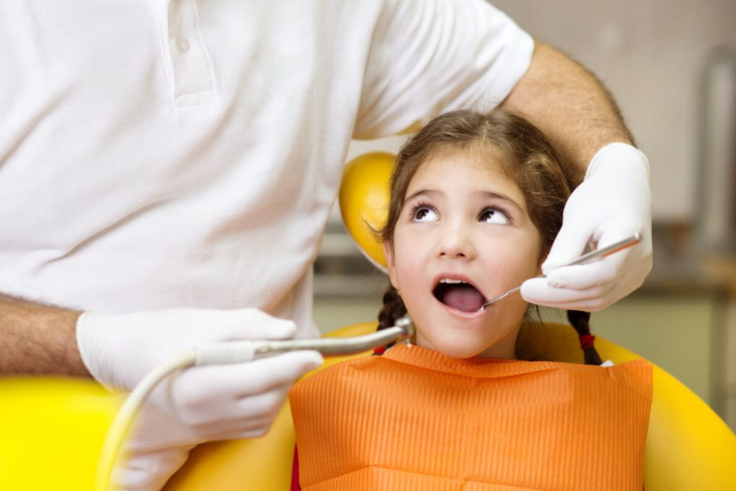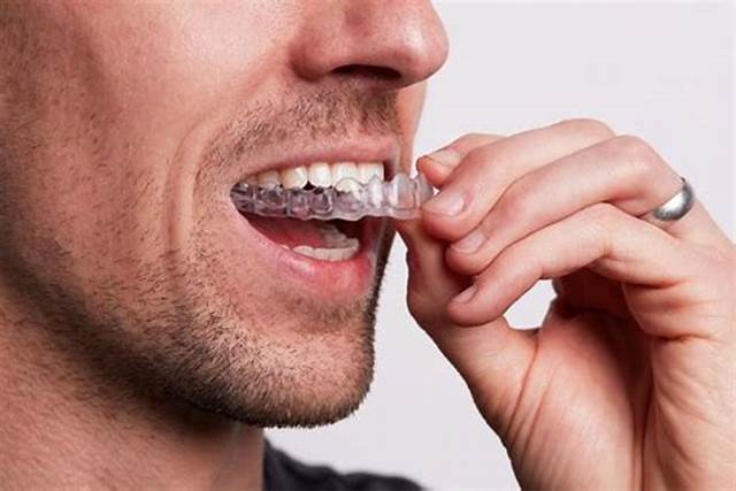Quick Action Guide to Kids Emergency Dental Care

It’s a quiet Sunday afternoon, and suddenly, you hear a loud crash followed by your child’s cry. You rush in to find them clutching their mouth—blood, tears, and a tooth on the floor. What do you do?
As a parent, dental emergencies can be overwhelming, especially when they happen outside regular hours. Fortunately, if you’re in London, expert help is available—even on weekends. This guide walks you through exactly what to do in a dental emergency involving your child and how to access urgent, compassionate care.
Table of Contents
ToggleWhat Qualifies as a Dental Emergency in Children?
Common Paediatric Dental Emergencies
Children are naturally active, which unfortunately makes them more prone to dental accidents. Some of the most common dental emergencies we see in paediatric patients include:
- Knocked-out (avulsed) teeth – Immediate action can often save the tooth.
- Chipped or broken teeth – May expose nerves and require urgent repair.
- Severe toothache or infection – Often caused by decay or trauma.
- Dental abscesses – A sign of a serious infection that must be treated quickly.
- Soft tissue injuries – Cuts to the lips, tongue, or cheeks can bleed heavily and cause panic.
- Orthodontic trauma – Broken brackets or wires from braces can damage the inside of the mouth.
When to Seek Emergency Care Immediately
Contact an emergency dentist immediately if your child experiences:
- A knocked-out permanent tooth
- Uncontrolled bleeding
- Swelling of the face or jaw
- Difficulty breathing or swallowing
- High fever combined with tooth pain
- Signs of infection such as pus, a foul smell, or swelling
Time is critical—acting quickly can make all the difference in saving a tooth or stopping an infection from spreading.
First Aid Steps Every Parent Should Know
Handling a Knocked-Out Tooth
- Find the tooth and pick it up by the crown (the white part), not the root.
- Rinse gently under cool water if it’s dirty—do not scrub or remove any attached tissue.
- Try to reinsert the tooth into the socket if your child is old enough and cooperative.
- If reinsertion isn’t possible, store the tooth in milk or inside your child’s cheek (only if they’re old enough not to swallow it).
- See a dentist within 60 minutes for the best chance of saving the tooth.
What to Do for a Broken or Chipped Tooth
- Rinse the mouth with warm water to clean the area.
- Use a piece of clean gauze to apply pressure if there is bleeding.
- Apply a cold compress on the outside of the cheek to reduce swelling.
- Keep the broken piece (if you find it) and take it to the dentist.
Managing Dental Pain at Home (Short-Term Only)
- Administer age-appropriate pain relief such as children’s paracetamol or ibuprofen.
- Use a cold compress to soothe swelling or inflammation.
- Avoid hot food or drinks.
- Never place aspirin directly on the gums—it can cause tissue burns.
Where to Find Paediatric Emergency Dentists in London
Private vs NHS Emergency Dental Care
In a true emergency, speed matters. While the NHS does offer emergency dental services, appointments may be limited—particularly during evenings, weekends, or holidays.
Private emergency dental clinics in London provide:
- Same-day or walk-in appointments
- Evening and weekend availability
- Child-focused environments and expert paediatric care
- Transparent pricing with upfront estimates
Our private dental clinic in London specialises in calm, effective emergency treatment for children. Whether it’s a knocked-out tooth or a sudden toothache, we’re here when you need us most.
What to Expect During an Emergency Visit
- Initial triage and pain relief
- Thorough examination using digital X-rays if needed
- Immediate treatment (e.g., reimplanting a tooth, draining an abscess, placing a temporary filling)
- Clear advice and follow-up plan, including referrals to paediatric dental specialists if necessary
How to Prevent Future Dental Emergencies
Top Prevention Tips for Parents
- Make sure your child wears a mouthguard during contact sports.
- Teach them not to chew on ice, pencils, or hard sweets.
- Supervise play to prevent accidental trips or falls.
- Encourage brushing and flossing to maintain strong, healthy teeth.
Early Orthodontic Screening
Misaligned teeth are more vulnerable to injury. The British Orthodontic Society recommends a first orthodontic check-up by age 7. Identifying issues early can help prevent future emergencies and make treatment easier in the long run.
Conclusion: Your Partner in Emergency Dental Care
In a moment of panic, knowing what to do—and where to go—can make all the difference. Whether it’s a chipped tooth, an infection, or a dental accident, emergency dental care for children in London is available when you need it most.
At our private dental clinic, we prioritise fast, expert care in a child-friendly environment. Save our contact now, so you’re always ready—even when life throws the unexpected.
Recommended For You
Spread the loveInvisalign has quickly become one of the most popular alternatives to traditional braces, offering a discreet and convenient
Spread the loveMany men put their health on hold—whether due to a hectic work-life schedule, social stigma, or simply a
Spread the loveDental implants are one of the most reliable and long-lasting solutions for replacing missing teeth. But unlike quick



